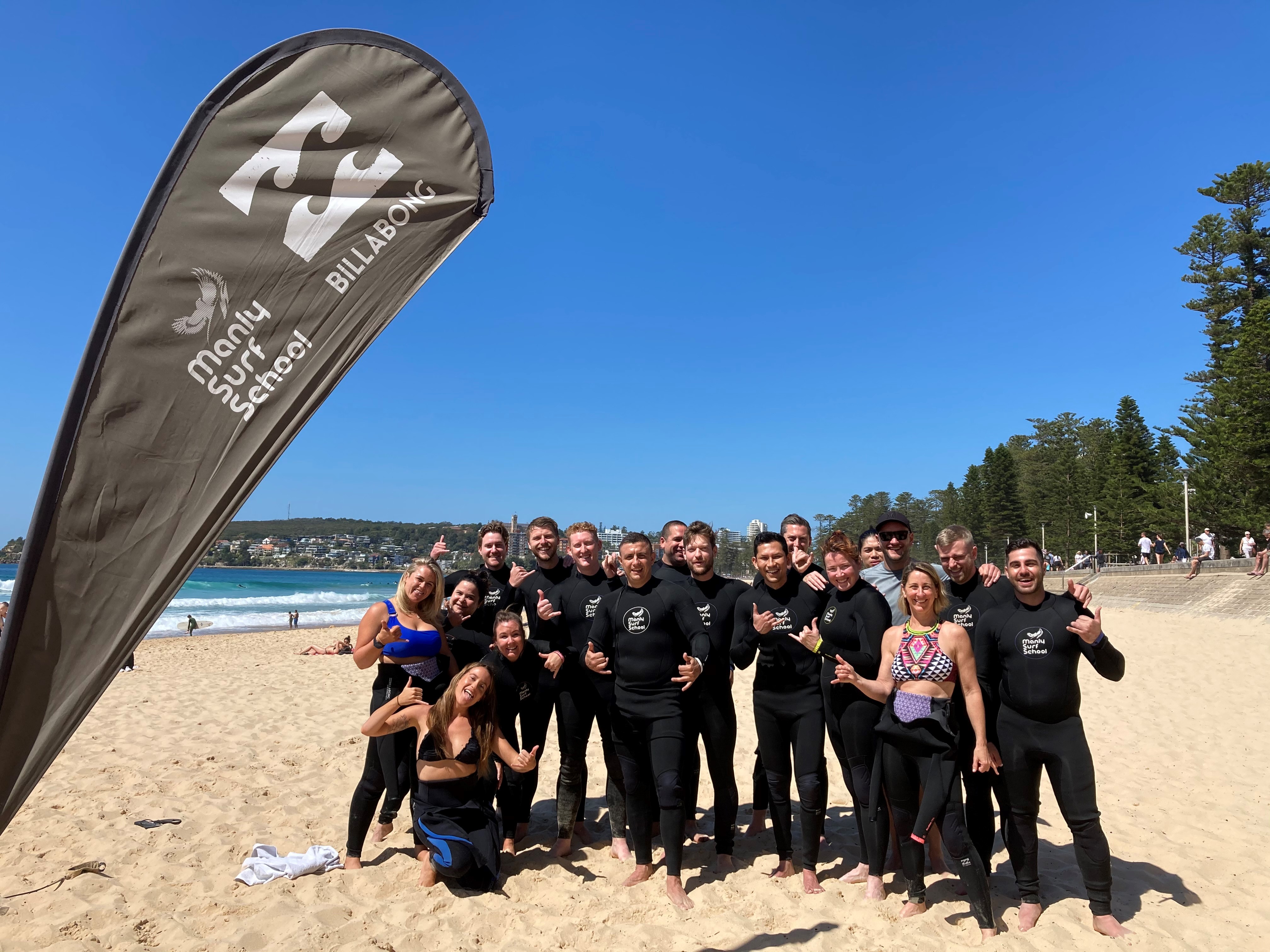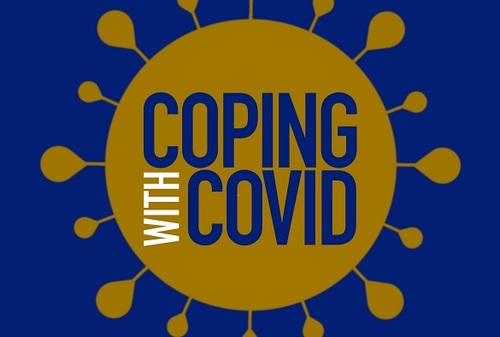
Merry Christmas and a Happy New Year from everyone at CGC Recruitment
2020 has, without question, been the biggest, strangest, and potentially scariest year for CGC, and our clients, since we set up the business 10 years ago.
Read moreAs we move away from FY20 – a particularly difficult year for most businesses – the FY21 business and operational environment for construction, engineering, infrastructure, and design firms are going to continue to change. These environmental and model changes will, of course, have a flow-on effect to how we all recruit and retain staff and top talent with new generation skills.
At a Federal and State Government level, it’s clear that through heavy investment and fast-tracking projects, Australia’s leaders believe our industry is key to the economic recovery that is to follow. From residential housing to large infrastructure projects like Inland Rail there will be many opportunities within our sectors.
However, we will continue to feel deep-set recruitment challenges like, but not limited to, resource shortages, talent being targeted by different industries, international recruitment difficulties etc.
At CGC, we want to support our clients and the industry to achieve positive personal, professional and commercial outcomes throughout FY21 and beyond. As part of this support, we’re introducing CGC In Focus - a market intelligence response to the current business and economic climate, where our recruitment experts provide insights and highlight challenges and opportunities.

With that in mind, we’ve put our heads together and come up with the ten new generation skills that all employers should be looking for in FY21, to help deal with the changing business landscape to adapt to the new normal. To a lesser or greater degree, all recruits – management, technical and support – should display these traits.
At CGC Recruitment, our team of experienced consultants specialise in all major infrastructure, engineering, and construction sectors. We help clients throughout Australia deliver their projects by attracting the best candidates and talent.
To support our industry, share our recruitment insights and adopt the new generation skills, we have created CGC in Focus. To register for a copy of CGC in Focus, click here.
Alternatively, to discuss a recruitment matter, connect with CGC today and one of our experienced consultants will be happy to help.

2020 has, without question, been the biggest, strangest, and potentially scariest year for CGC, and our clients, since we set up the business 10 years ago.
Read more
FY20 has been a difficult year for most businesses – with elections (state and Federal), rising unemployment, the drought, record national bushfires and, of course, COVID-19. It’s been a medical, a...
Read more
In our Projects in Focus series, over the past six months, we have been focusing largely on significant construction and infrastructure developments and projects in our home markets of NSW and...
Read moreIpad winner announced Before we kick off our usual roundup of activity it’s with great pleasure that we can announce Liam Hearne of Opus Engineers in WA was drawn as the lucky winner of May’s Ipad...
Read more
New year, new job - How to stand out from the crowd The new year is approaching - bringing in new possibilities and perhaps a new beginning! Right now, you might be considering a change in the...
Read more
Hello and welcome to another CGC Newsletter covering April and May.
Read moreAt the start of February, the team at CGC Recruitment relocated to new pastures. We said farewell to our home since September 2011 in Young Street, Sydney and moved into larger premises at 8-10...
Read more
Now that we’re almost at the end of the year, it’s the perfect time to re-evaluate your career options and decide what you really want to do. You need to look beyond the now and decide where you want...
Read more
While the effects of COVID-19 and the numerous lockdowns are still being felt across construction, we are seeing the industry bounce back and grow. We may have had our fair share of uncertainty and...
Read moreIn the second part of our blog series introducing this year’s CGC in Focus report, we look back at the past fiscal year and share our predictions on what to expect in the coming year as the economy...
Read more© 2022 CGC Recruitment. All rights reserved.
Terms & Conditions Privacy Policy Contact